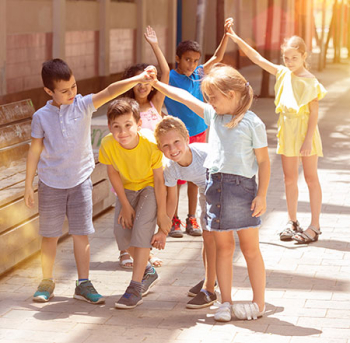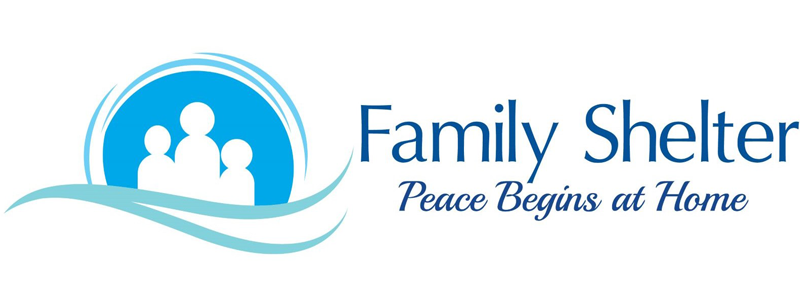
Abuse affects each child differently, but each child has the capacity to overcome their situation. By identifying how it has affected each child, it becomes easier for all of us to help make a difference.
Children tend to feel responsible for violence toward themselves or their mothers and end up having difficulty trusting others in the future. These children are likely to make excuses for their behavior and believe it is bad to feel angry. They can develop low self-esteem and have trouble asking others for things they need.
Abuse can have the most effect on a child’s emotional state. This can include feelings of guilt, shame, fear, confusion, anger, and grief. Overall, children tend to feel burdened by their situation.
Children in abusive situations are likely to exhibit a few physical tells such as somatic complaints of headaches, stomach aches, and asthma, they can appear nervous or anxious with a short attention span, and they are likely to be sick with a cold or flu often. These children can often become lethargic and neglect personal hygiene as well as show regression in developmental tasks such as bed-wetting and thumb-sucking.
When someone goes through an abusive situation, it is normal for it to affect them socially. For children, this often means isolating themselves. These children are likely to have difficulty trusting others, have poor conflict resolution skills, and either be passive with others or seek power to be aggressive. These children may become excessively social to avoid going home.
